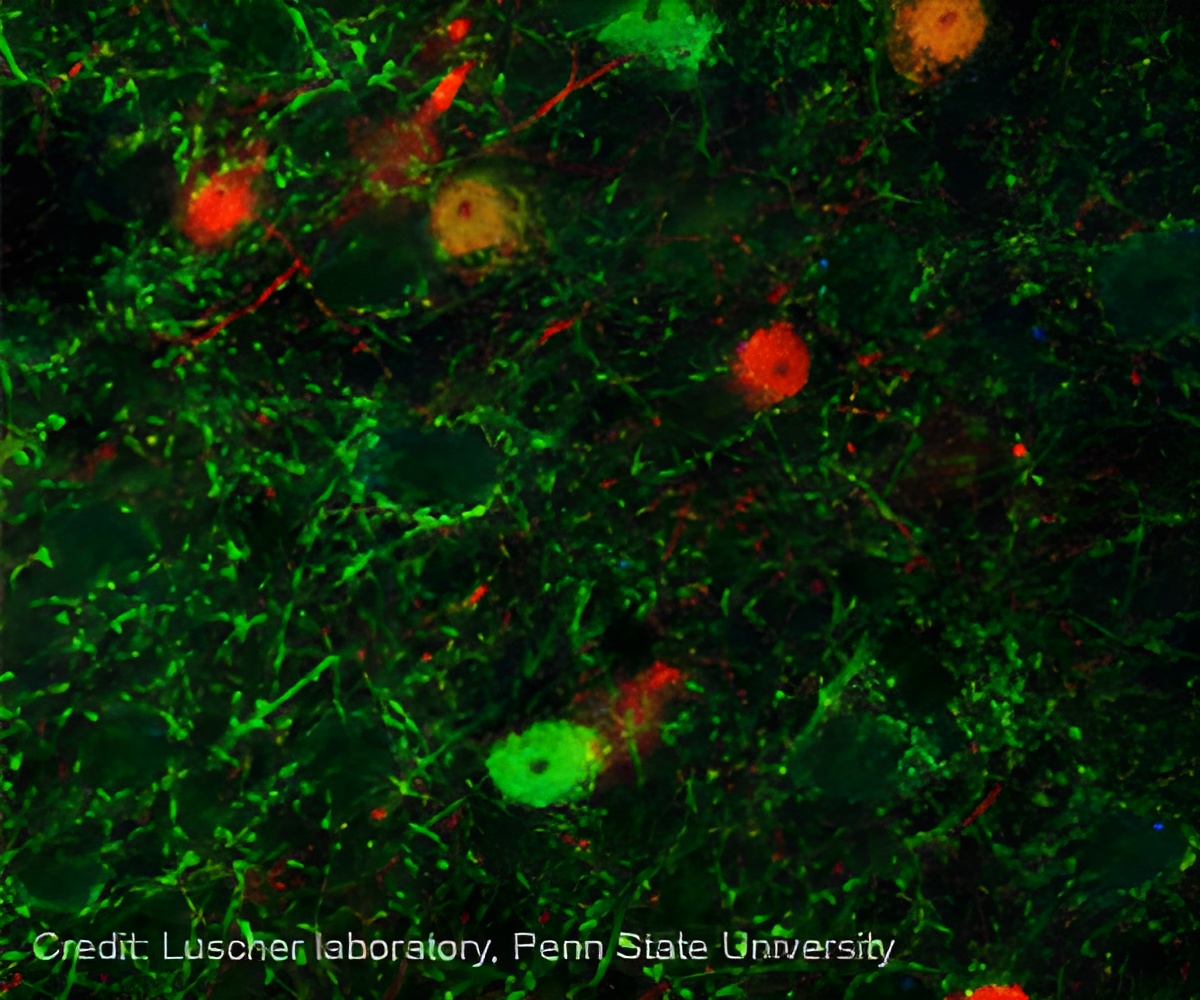Scientists reveal new strategies for antidepressant therapies by increasing GABA signaling.

- Antidepressant drugs are used for the treatment of major depressive disorders.
- Scientists discover new strategies for antidepressant therapy.
- Increasing the activity of GABA neurotransmitter will produce effective antidepressant activity.
Bernhard Luscher, professor of biology and biochemistry and molecular biology at Penn State said, "GABA is the major inhibitory neurotransmitter in the brain -- it acts as the "brakes" of neural activity -- and its dysfunction is implicated in a wide range of neuropsychiatric disorders."
"Increasing evidence suggests that dysfunction of GABA is also a major culprit in major depressive disorder, the most common and costly brain disorder and a principal cause of suicide, the primary cause of death among young people."
The research study was carried out by disabling the GABA receptor in a specific neuron which causes depressive disorder and increases the GABA signaling.
Under normal conditions the SST+ interneurons (somatostatin-positive-GABAergic interneurons) are capable of producing GABA, which lowers the activity of other neurons surrounding them.
Surrounding neurons release glutamate neurotransmitter which acts as an accelerator of neuron activity. Scientists disabled the GABA receptor in the SST+ interneurons, which could no longer receive signal as their brakes were removed, this led to the excess release of GABA which thereby slows down the glutamate producing neuron activity.
The biochemical changes in the genetically altered mice brain was found to be similar to that of the mice which were subjected to different classes of antidepressant drugs.
"The failure of benzodiazepines to alleviate depressive symptoms is a main reason why GABA-signaling deficits have been discounted as possible causes of depressive disorders. But our research suggests that GABA is involved and that there must be other reasons for the failure of benzodiazepines."
Currently used antidepressant drugs were found to enhance the functions of serotonin. These drugs are ineffective because of slow signs of improvement, and are capable of only normalizing the defects in the GABA transmission.
The author said that the GABA producing neurons were found to be characterized by somatostatin and represents around 30% of GABA producing cells in the forebrain.
"These cells have recently been implicated in major depression based on gene-expression changes found in postmortem brain tissue from depressed patients, and they differ from other GABA-producing cells in that they selectively innervate the dendritic trees of glutamate-releasing neurons. The somatostatin-positive subset of GABA-releasing cells therefore appear ideally suited to limit the overexcitation of neural networks that occurs during the chronically stressful situations that figure as major culprits in depressive disorders." he added.
The research study will therefore help in providing new strategies for developing antidepressant drugs.
Source-Medindia








